Severance Season 2 Will Blow Your Innie's and Outie's Mind

After three long years, we finally have answers — but Season 2 of Severance raised even more questions. Every Thursday at 9 PM EST, Ben, Dylan I would huddle in a Discord VC to watch the latest episode. That tradition came to an end on Thursday, at least for the foreseeable future, as we’ve just witnessed the Season 2 finale. It was spectacular, chaotic, and overflowing with passion. And while we now must patiently wait for Season 3, we can conclusively say that this is a show to remember, forever.
Severance is a hit tv show from Apple TV +, where people decide to surgically sever their consciousnesses between their work life and personal life, creating two unique people, bound by their workplace. While at work, you’re unable to recall any outside memories — and while at home, you remember nothing from work. It’s a hauntingly clever premise that traps your innie in a perpetual loop of fluorescent lights, corporate rituals, and eerie detachment.
Season 2 expands on this unsettling concept in the most ambitious ways. The performances remain top-tier, the direction is tight and inventive, and the world of Lumon becomes deeper, stranger, and more emotionally complex. Just like the first season, Severance doesn’t just rely on mystery — it earns your investment through compelling character arcs and sharp, thought-provoking writing.
If you haven’t started watching Severance, now’s the perfect time to dive in. But be warned: it’s a slow, SLOW burn with massive payoffs at the end. Season 2 delivers some of the biggest ones yet… I give it a 9.5/10
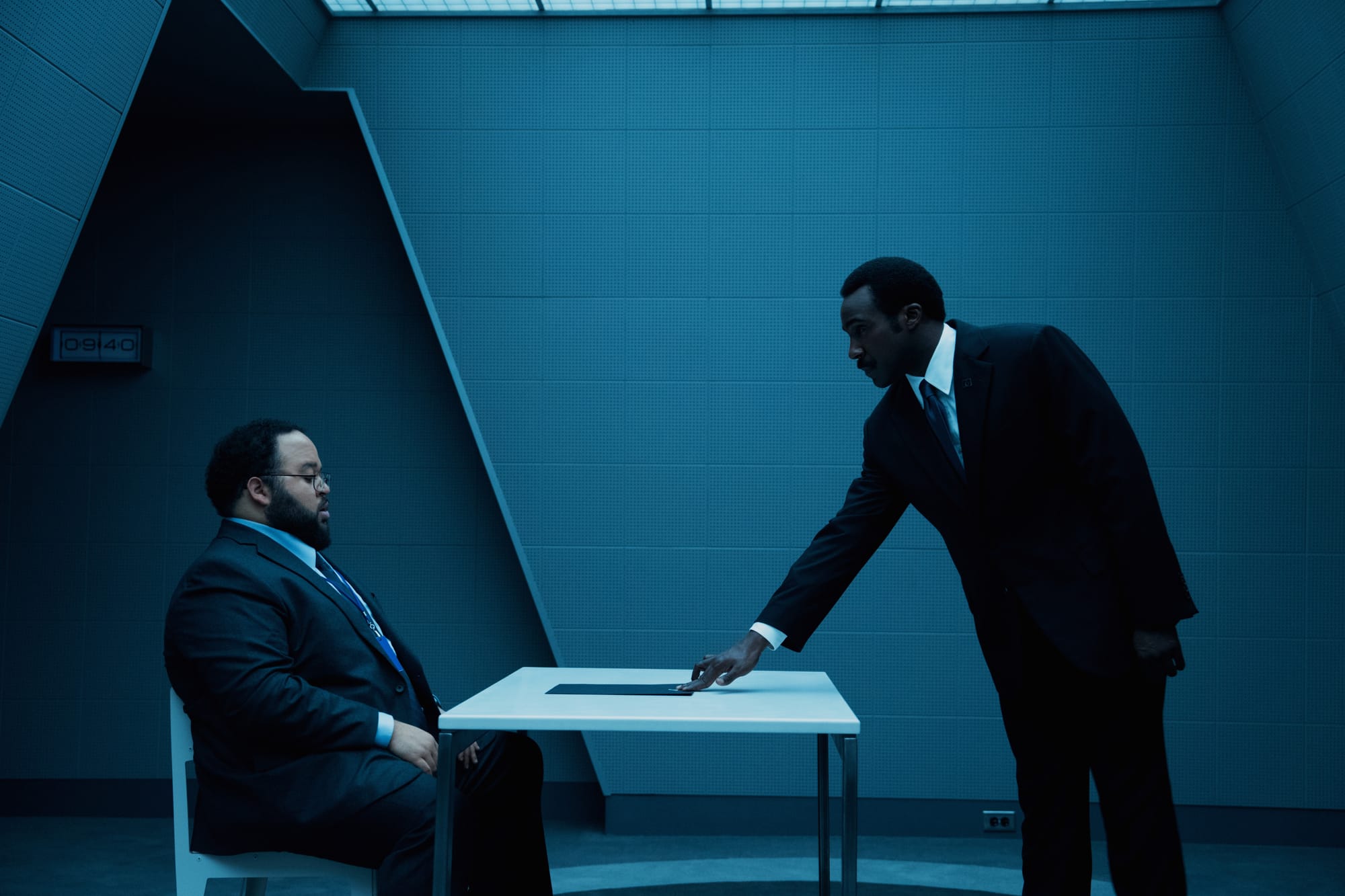
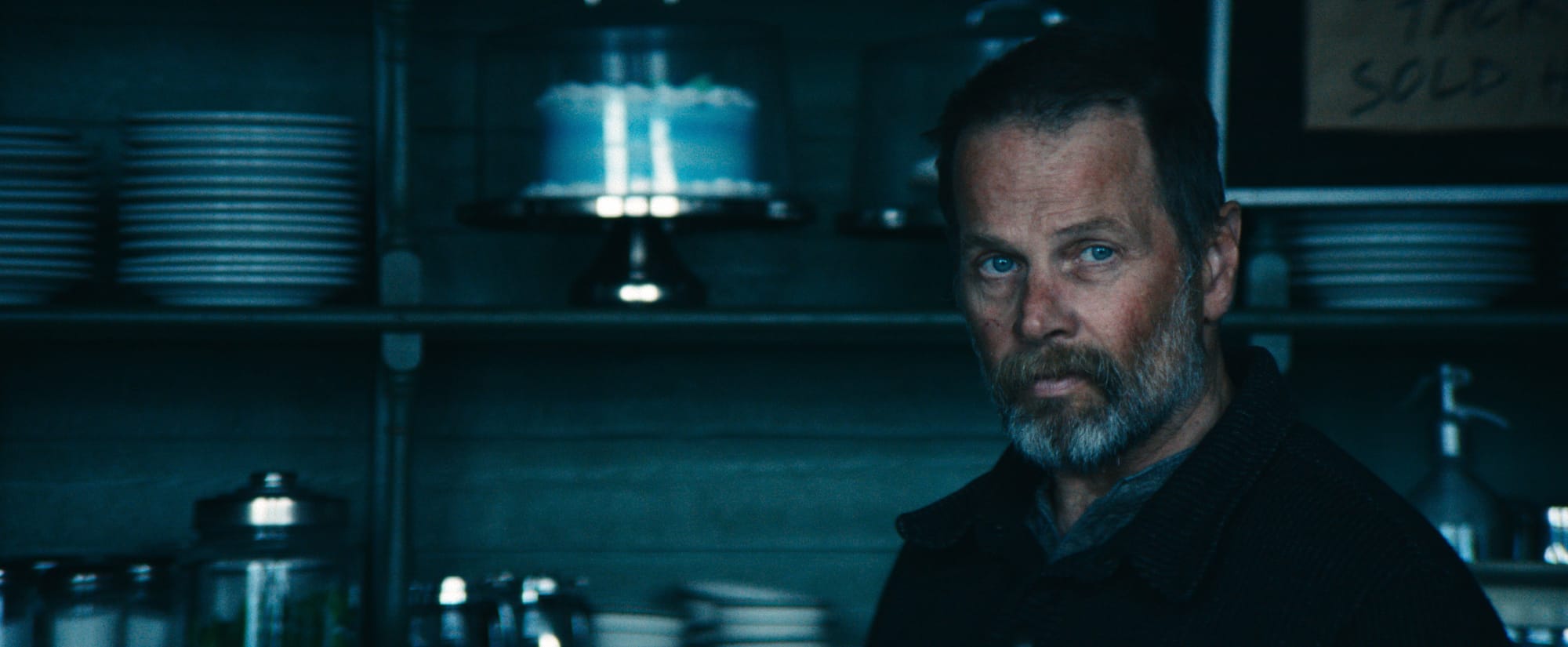
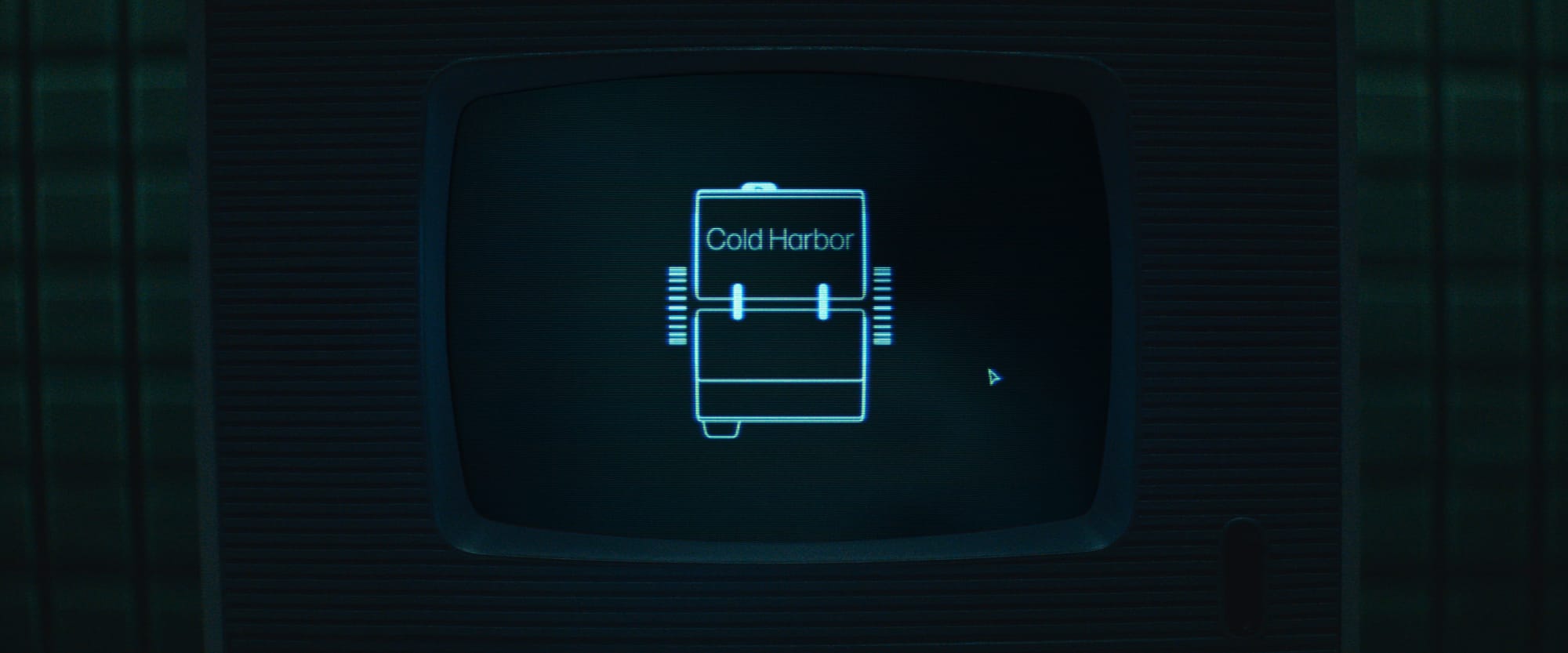
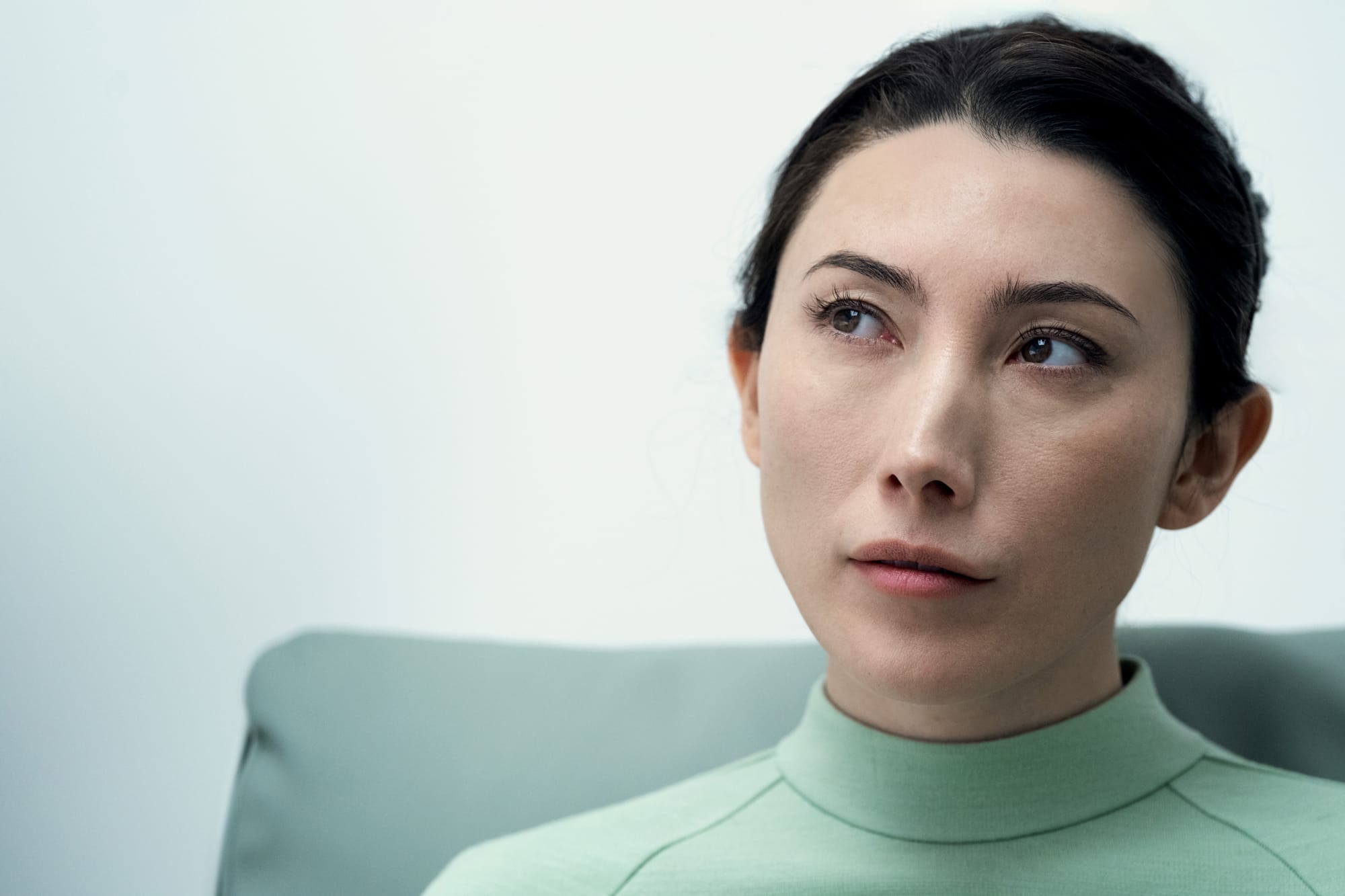
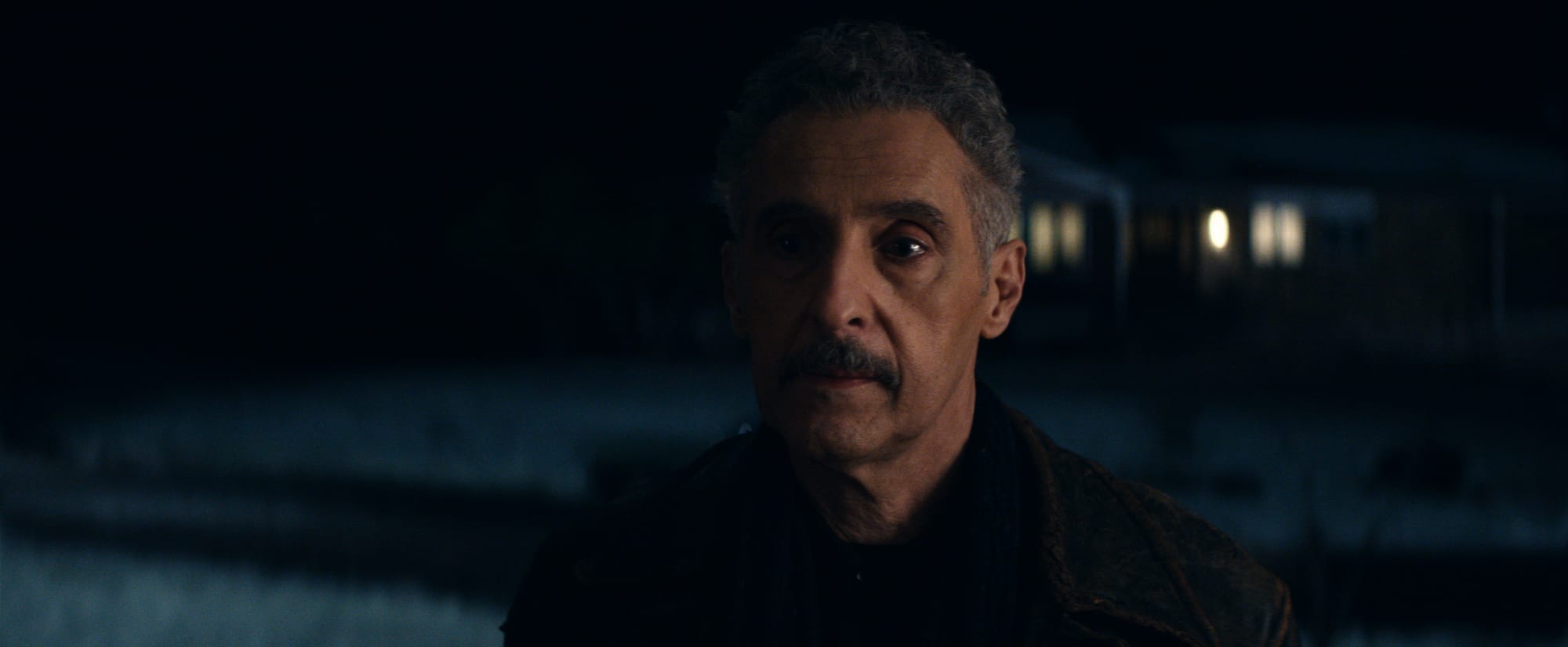
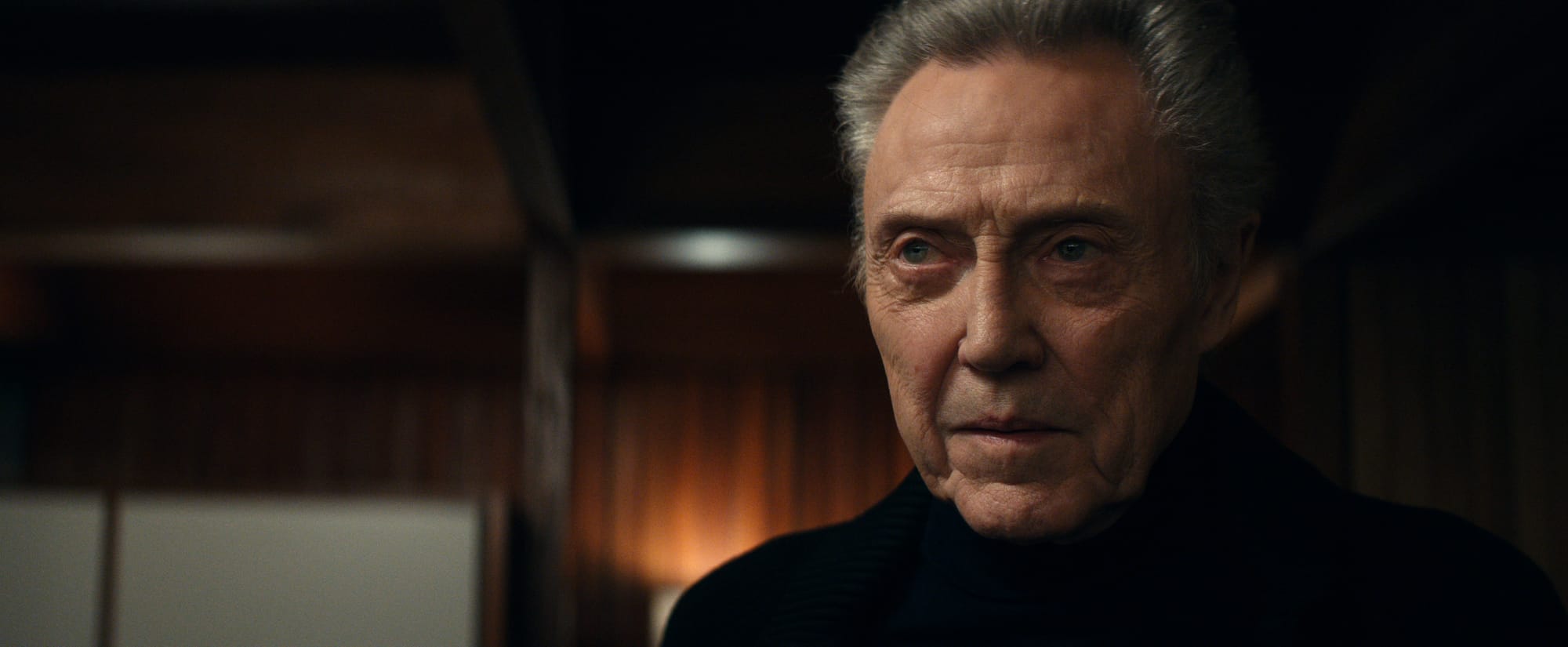
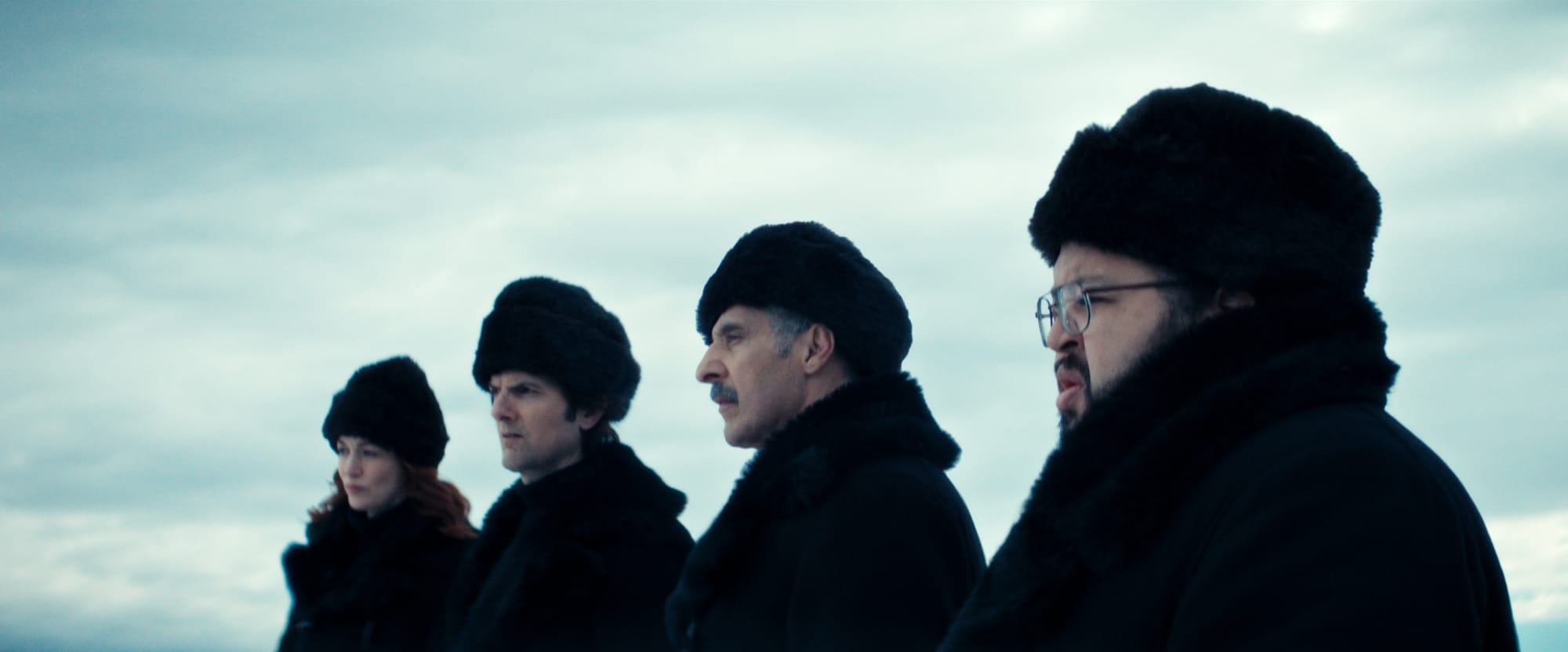
Images Provided by Apple TV. "Severance," now streaming on Apple TV+.
Spoiler-Filled Analysis (You’ve Been Warned!)
This season is a slow burn. It opens with an immediate aftermath of the Season 1 finale, where the innies briefly gained access to the outside world. This set off a chain reaction, prompting their outies to seek answers about this new fragmented existence.
Mark Scout (Adam Scott): Mark grapples with the idea that his wife, Gemma (Dichen Lachman), presumed dead, is in fact alive within the walls of Lumon. This discovery propels him on a path towards re-integration, not just in a literal sense, but emotionally too — reckoning with grief, betrayal, and identity. Adam Scott’s ability to contrast Innie Mark’s optimism with Outie Mark’s depression hits new highs this season, especially in “The After Hours,” where his two selves start to blur — only for the show to painfully remind us that Outie Mark still doesn’t consider his Innie a real person. That reveal lands like a punch to the gut.
Helly R. / Helena Eagan (Britt Lower): Helly confronts her dual identity both as a rebellious employee and the daughter of the CEO of Lumon. She struggles to cope with the fact that she is one of the people responsible for the mess they all find themselves in. This leads to even more rebelion, ending up in her complete and utter disrespect for anything and anyone related to Lumon in any way, especially Mr. Milchick, who becomes a target of her cold defiance. Meanwhile, her budding romantic connection with Innie Mark becomes a pawn in Helena’s game, as she uses it to manipulate him from both sides of the divide — a deeply uncomfortable but fascinating wrinkle in their dynamic.
Irving Bailiff (John Turturro): Irving’s journey is both tender and tragic. From the beginning of the season, he’s suspicious of Helly’s behavior, and this paranoia drives him to dig deeper into Lumon’s more obscure corners. His past relationship with Burt Goodman (Christopher Walken) resurfaces, but is ultimately crushed by the realization that Burt is still part of the system — and may never have the ability (or freedom) to reciprocate the connection again. Irving’s sacrificial moment midway through the season is beyond heroic, and it ripples into one of the best payoffs in the next episode. It’s subtle, smart writing that makes every character beat land harder.
Dylan George (Zach Cherry): Dylan, once comic relief, earns the “most improved” badge this season. He’s granted visitation rights to see his outie’s wife, Gretchen (Merritt Wever), as a kind of twisted reward for good behavior — a cruel perk designed to separate him from his Innie allies. What follows is heartbreaking: Innie Dylan’s joy and awe at seeing Gretchen clashes with his growing awareness of the system’s manipulation. Still, he starts finding purpose in the love he feels — and becomes an unexpected moral anchor for the group. His arc is quiet but powerful.
This season also spends a lot of time with the upper tier of Lumon. Cobel’s storyline feels the most drawn out. A long stretch of her post-firing isolation and internal struggle that doesn’t really click until episode 8. When it does, it gives her a believable reason to align (however temporarily) with the rebels. But still, her screen time could’ve been trimmed. Unfortunately her episode felt odd, and off. The pacing, timing, and structure of the episode was weird and, in my opinion, didn’t further the story much. A lot of what happened felt like it could have been a flashback or a secondary storyline, explained with cutaways. Regardless, it still was the typical eye candy that Stiller and his team provided us with.
Milchick, on the other hand, quietly becomes one of the season’s most interesting characters. We start to see cracks in his loyalist persona, especially in the absurd and deeply unsettling moments — like when he forces a child to give up a beloved toy before marching into a celebration. You start to sense that even Milchick’s grip on his role is slipping, and Tillman plays it with unnerving intensity. His rebellion goes even further in episode 9 with the “Devour Feculence” line he gives to Mr. Drummond. He refuses to be blamed for things beyond his control, and will not stand for it.
Style and Direction:
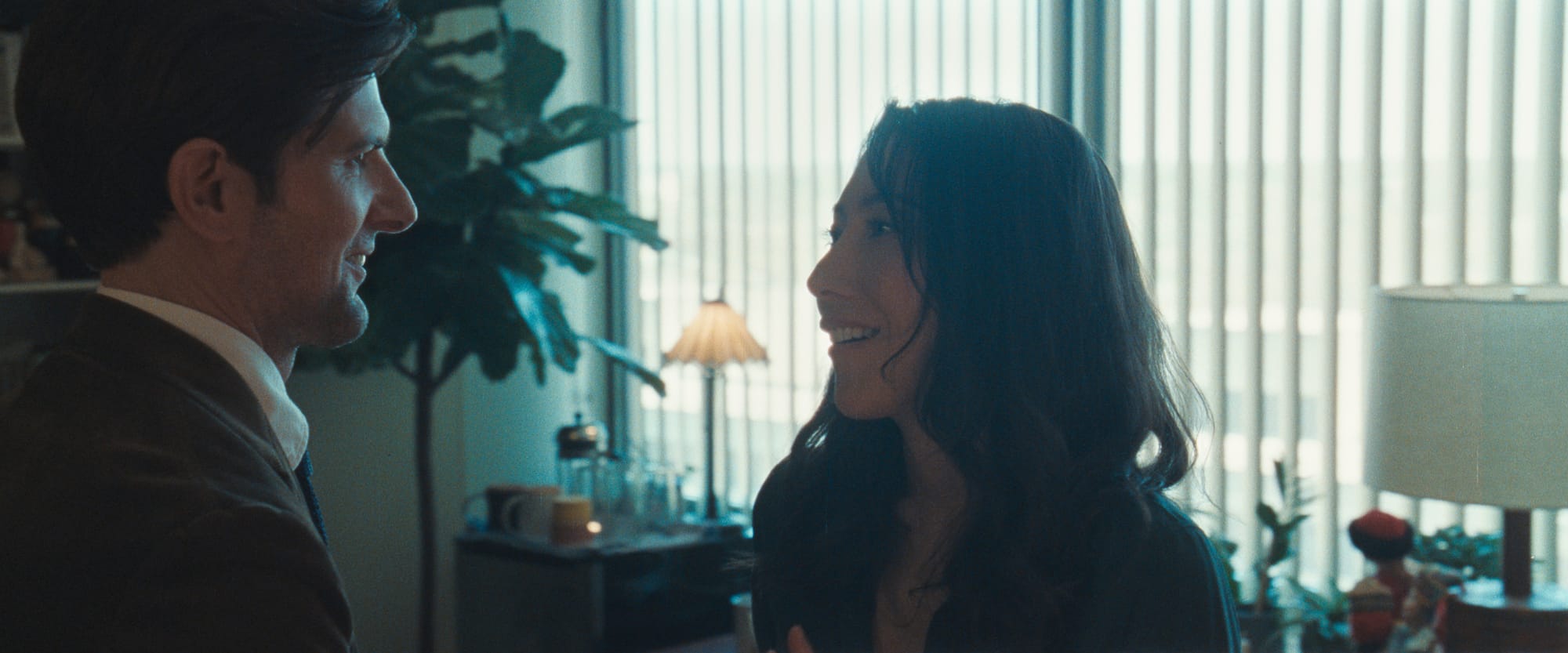
Visually the show is more stunning than ever. The colour grading, the frozen atmosphere in “Sweet Vitriol,” to the romanticized 16mm film like shots in “Chikhai Bardo,” the show was visually perfect. The season is bookended by Mark’s desperate sprint through empty white hallways in the premiere and a joyous — almost defiant — run with Helly in the finale, a visual loop that captures the emotional rollercoaster perfectly.
Finale and Closing Thoughts:
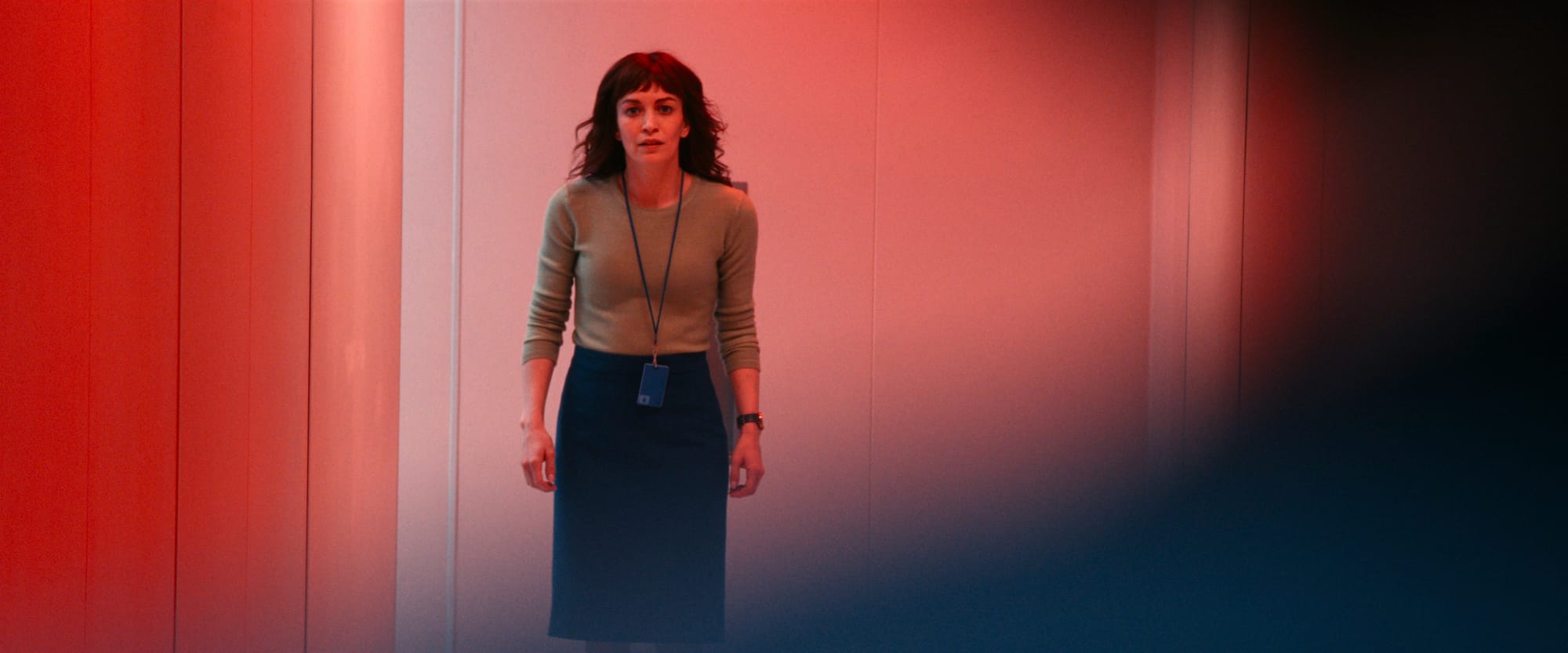
Wow. What an ending. The final episode hit hard, like a brick wall… On one hand I'm upset with Mark S. getting so close yet failing so miserably, and thinking in such a short sighted way. Running away with Helly R. whilst rescuing Gemma from the basement of Lumon is something I was and still am shocked by. Him killing Mr. Drummond accidentally was the comedic and tension relief I needed in those final moments. I was on the very edge of my seat the entire time. This season truly cements Severance in my personal hall of fame for any media product ever. While it took a few episodes to start getting the action rolling, it ultimately secures such an enjoyable experience that it is truly a mistake if you do not go an watch it. It deepens every thread laid out in Season 1, answers so many questions, but it raises so many more. The ending has left me both satisfied and hungry for more, and I’m not sure how I’ll be spending my Thursdays anymore…
Thankfully Apple TV renewed Severance for a third season — finally and officially — so I’ll see you all soon. (Hopefully not three years…)






